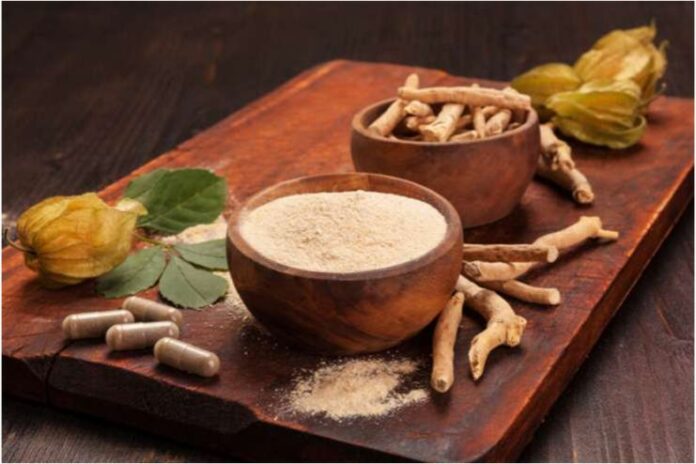AI Contribution
At HealthSpectra, we may use AI to refine grammar and structure, but every piece is shaped, checked, and approved by real people, our expert writers and editors, to ensure clarity, credibility, and care. Learn more..Affiliate Disclaimer
Some links in this article are affiliate links. We may earn a small commission if you make a purchase through these links, at no extra cost to you. We only recommend products we find useful to our readersA single herb that has endured for centuries—a herb that connects the knowledge of traditional customs with the accuracy of contemporary science. Here comes Ashwagandha, a highly esteemed adaptogen frequently called the “queen of Ayurveda.” Ashwagandha is well-known for its fantastic capacity to help the body adjust to stress. It provides many advantages for women looking for balance in their hectic lives.
For thousands of years, Ashwagandha (Withania somnifera) has been utilized as a Rasayana (rejuvenating) in Ayurveda. As a well-known adaptogenic herb, it helps the body adjust to its demands and withstand both physiological and psychological stress.
Ashwagandha is a fantastic herb for supporting general health and well-being because it deeply supports numerous tissues and bodily systems, such as the immune system, the reproductive system, a healthy thyroid, and many more.
What Makes Ashwagandha a Powerhouse for Women?
The Ayurvedic herb ashwagandha, sometimes referred to as winter cherry or Indian ginseng, has a variety of medicinal uses and health advantages. It is native to India and grows well in hot, dry regions like the Mediterranean and northern Africa.
Ashwagandha is like a silent coach for physical well-being. It strengthens the immune system, increases stamina, and reduces weariness. It provides energy when you need it most, making it your buddy in overcoming exhausting days and restless nights.
According to the findings of multiple clinical research, ashwagandha extracts may help lower anxiety and stress. A 2021 systematic review found seven papers that examined using Ashwagandha to treat stress and anxiety. Researchers randomly assigned around 491 adults from India who self-reported high levels of stress and anxiety or had been diagnosed with anxiety disorder to take Ashwagandha or a placebo for six to eight weeks.
Compared to a placebo, ashwagandha significantly lowered serum cortisol levels (a stress hormone), anxiety and stress levels (subjectively assessed by established rating scales), and fatigue and insomnia.
Benefits of Ashwagandha for Women’s Health
1. Relieves Anxiety and Stress
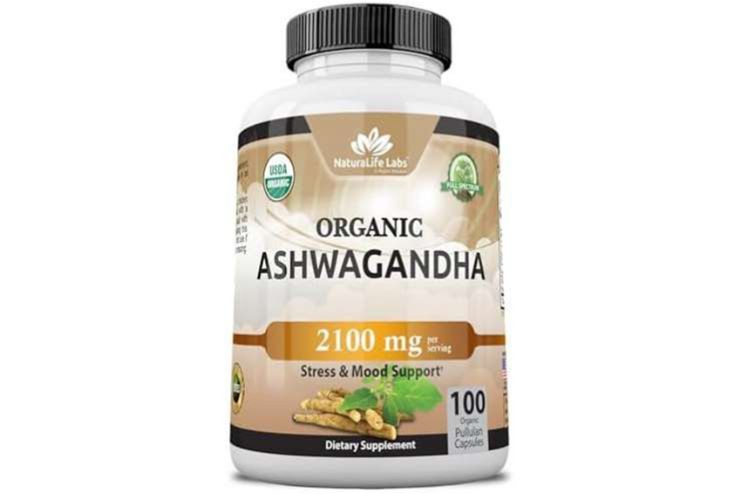
Anxiety and stress seem to be highly contemporary difficulties, and long-term stress symptoms can lead to a variety of illnesses, from specific diseases to urinary tract infections. Ayurvedic medicines provide an additional stress-reduction strategy when mindfulness and meditation are insufficient.
These drugs can help you become more resilient to stress by altering how your body responds to stress. One way they function is by reducing the activity of your hypothalamic-pituitary-adrenal axis (HPA).
The HPA axis controls the well-known stress hormone cortisol and its less well-known companion, DHEA [2]. These stress hormones trigger “fight or flight” reaction, giving you the adrenaline and mental clarity needed to deal with stress.
According to several studies, Ashwagandha can lower anxiety levels by as much as 70%. The daily doses in these investigations varied from 125 mg to 2000 mg. Although a greater dosage of ashwagandha supplements is used in many studies, it may not be required to experience the benefits.
In an Indian study, 125 individuals took sustained-release ashwagandha capsules to help lower their stress levels. For ninety days, they each took a single dose of 300 mg daily. Check out this stress-relieving organic ashwagandha supplement on Amazon.
2. Supports Hormonal Balance
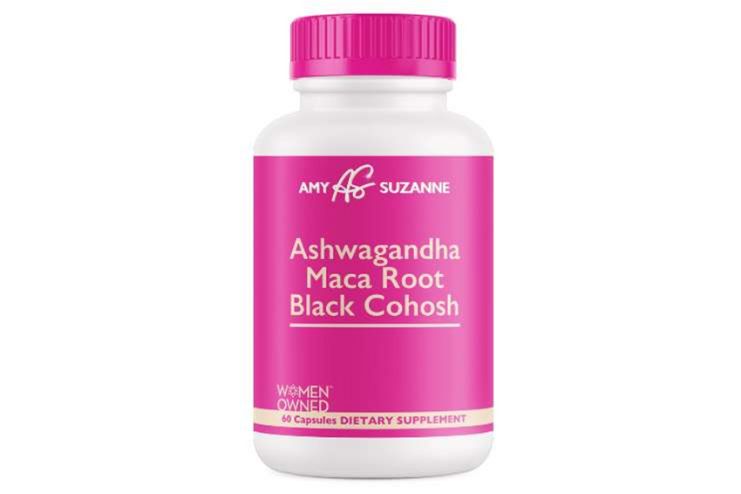
Ashwagandha is frequently used in many Ayurvedic medicine to treat female hormone abnormalities. Sex hormone-binding globulin (SHBG), a protein that binds to steroid hormones and lessens the adverse health effects of cortisol, is released in response to chronic stress.
However, SHBG also binds to estrogen, making it inaccessible to tissues and cells. It can cascade on other female hormones, causing the synthesis of luteinizing hormone and progesterone to decline.
Female hormone abnormalities are associated with menstrual disorders, mood swings, infertility, skin problems, and decreased libido. The adaptogenic qualities of ashwagandha help promote balanced hormone levels and prevent excessive SHBG production.
3. Menstrual Health
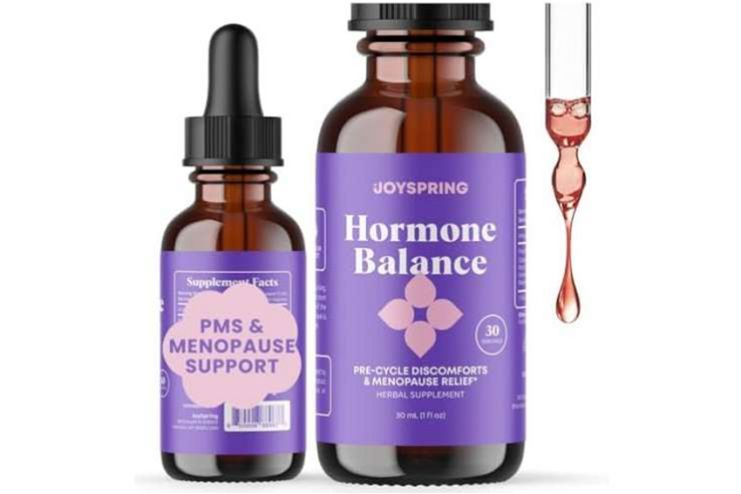
Navigating the complexity of menstrual health can be quite difficult, but Ashwagandha provides a natural remedy. It promotes the balanced cortisol levels necessary for regular and healthy menstrual periods. Additionally, it has strong anti-inflammatory qualities that might lessen discomfort, edema, and unpleasant menstrual cramps.
In addition to its anti-anxiety properties, Ashwagandha helps the body adjust to the fast hormonal changes that occur before ovulation and just before the menstrual cycle. Studies have shown that Ashwagandha lessens the symptoms of premenstrual syndrome (PMS), including mood swings, anxiety, exhaustion, cravings, irritability, and breast tenderness.
4. Reproduction and Fertility
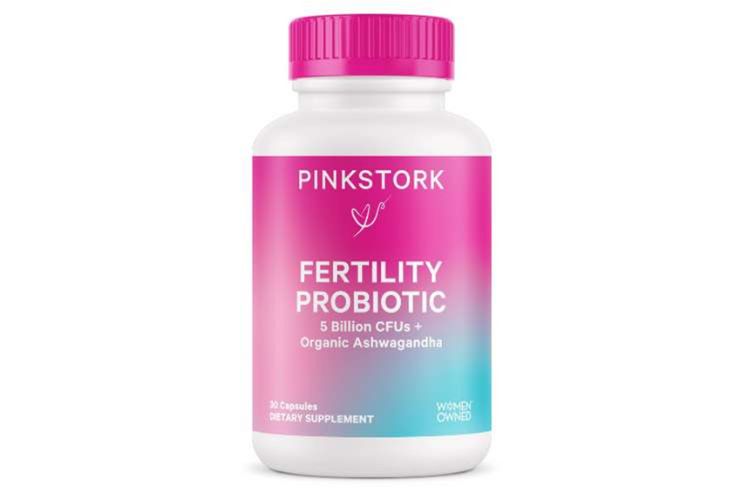
Ashwagandha has a significant effect on reproductive health and fertility. For millennia, it has been utilized to improve reproductive vigor in Ayurveda. Chronic stress is known to disrupt ovulation and interfere with hormone balance, both of which can have a detrimental effect on fertility.
Ashwagandha extract may indirectly increase female fertility by lowering stress levels, promoting libido, and promoting healthy menstrual cycles. According to study published in BioMed Research International, “Ashwagandha has a very positive effect in treatment of infertility both in male and female. “
5. Heart health
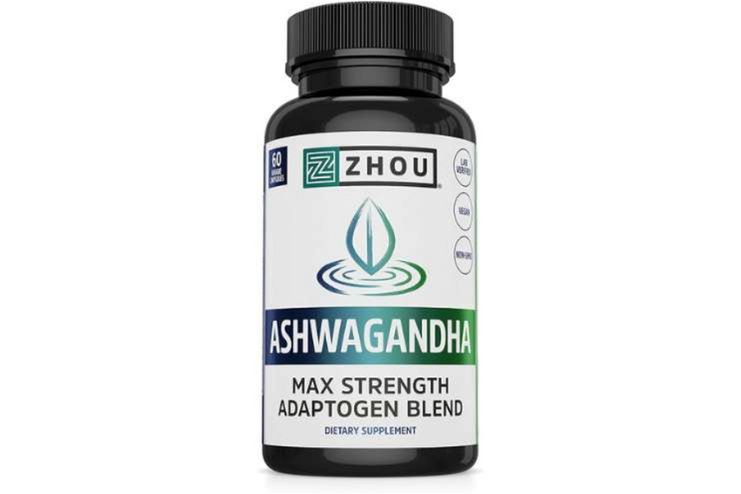
Ashwagandha is a gentle protector of your heart and a stress reliever. It lessens the burden on your cardiovascular system and lowers blood pressure by lowering cortisol levels. Withanolides, which are extremely bioactive substances that can reduce blood pressure, are abundant in Ashwagandha.
Ashwagandha’s antioxidant qualities fight free radicals, protecting heart tissues from oxidative damage and enhancing cardiac health in general. Additionally, by raising HDL (good cholesterol) and decreasing LDL (bad cholesterol), Ashwagandha is proven to improve cholesterol levels and promote a better lipid profile.
What is the recommended dosage?
Ashwagandha is available in many forms. It can be taken as liquid drops, gummies, capsules, or powders to add to beverages.
The potency and formulation of Ashwagandha supplement, your general health, and the specific health issue you treat determine how much Ashwagandha you should take.
So, what is the recommended daily intake of Ashwagandha? According to Dr. Lin, the standard dosage is 500 mg twice daily, regardless of the type.
Following the directions for the ashwagandha product is essential to reducing the possibility of negative effects. Start with a lower dosage and work your way up to the suggested amount.
Safety tips before consuming Ashwagandha
Although Ashwagandha is usually considered harmless, some people seem sensitive to it, which may have adverse side effects.
- Upset stomach.
- Nausea and vomiting.
Dr. Lin states, “Most people can take this supplement, but it is always best to discuss it with your healthcare provider first.”
Dr. Lin highly advises seeing your healthcare professional before using Ashwagandha if you have thyroid problems.
Some people develop ashwagandha sensitivities or allergic responses, so it’s important to talk to your doctor about using Ashwagandha, particularly if you have a history of nightshade plant allergies.
Ask for help right away if consuming Ashwagandha causes you to get hives, have trouble breathing, or become confused.
Additional situations that call for caution when taking Ashwagandha include having an autoimmune disease, being pregnant, or nursing. Dr. Lin suggests speaking with your doctor before taking any medication. She emphasizes this to expectant mothers because Ashwagandha may cause problems.
Conclusion
For women, Ashwagandha is an absolute powerhouse. This age-old adaptogen helps you feel firm, glowing, and rejuvenated while providing contemporary answers to life’s problems. Whether you seek stress relief, reproductive support, or a natural boost to your overall well-being, Ashwagandha is ready to transform your health journey.
Why wait to discover its enchantment? Learn more about ashwagandha today, and take the first step to a healthier, more energetic you.
-
March 2022Written by Vrushali Gavali
-
Dec 2024Edited by Ankita
References
- https://www.banyanbotanicals.com/pages/plants-ashwagandha?srsltid=AfmBOophZOHVB96oFy0EaQSP4AYnyFqIZrbDR9EVMpguL0oF5ZE3Oul2
- https://www.healthline.com/health/what-does-ashwagandha-do-for-women#menstrual-cycle
- https://ods.od.nih.gov/factsheets/Ashwagandha-HealthProfessional/
- https://health.clevelandclinic.org/what-is-ashwagandha
- https://www.webmd.com/diet/health-benefits-ashwagandha
- https://pmc.ncbi.nlm.nih.gov/articles/PMC5833251/
In this Article

















